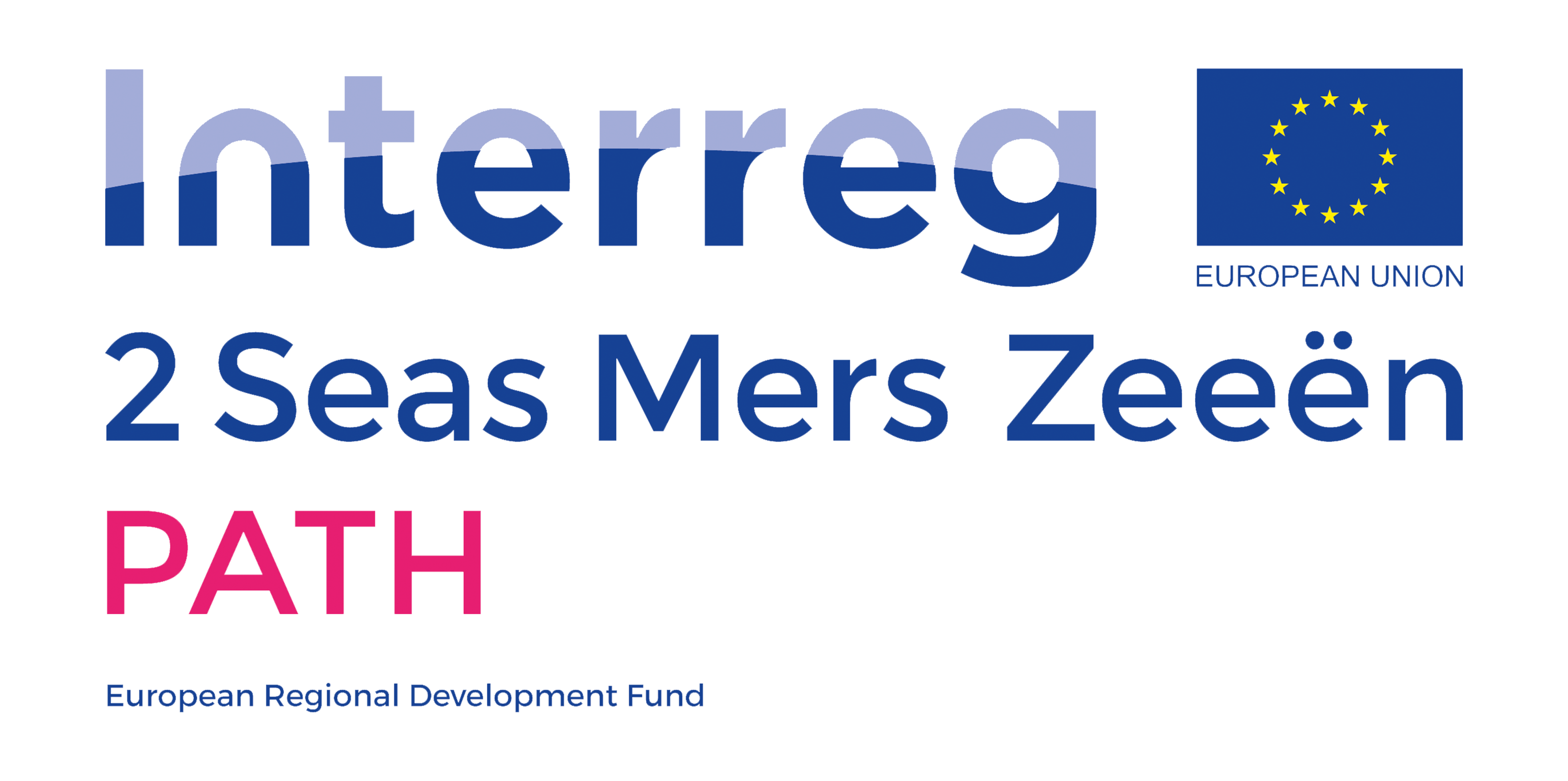
© 2021 Copyright: Bournemouth University
CAMHS services may be able to provide parent-infant interventions which should be integrated with, or work jointly with, specialist perinatal mental health services.
Ensure evidence-based parent training programmes are non-stigmatising so vulnerable parents are encouraged to engage, for example peer-led approaches in universal settings such as children’s centres.
Safeguarding issues may arise due to young parents’ vulnerability, unstable relationships and lack of settled accommodation, which can affect them and their children. Health care professionals should assess the need for additional support in case of domestic abuse, child sexual abuse/exploitation that may warrant the need for further referral and safeguarding considerations.
Baby buddy app
bestbeginnings.org.uk/baby-buddy
1. Kessler RC. Epidemiology of women and depression. J Affect Disord. 2003.
2. Stacy Hodgkinson, Lee Beers, Cathy Southammakosane and Amy Lewin
Addressing the Mental Health Needs of Pregnant and Parenting Adolescents. Paediatrics, 2014.
3. Paranjothy S, Broughton H, Adappa R, et al Teenage pregnancy: who suffers? Archives of Disease in Childhood 2009.
4. PHE A framework for supporting teenage mothers and young fathers 2019.